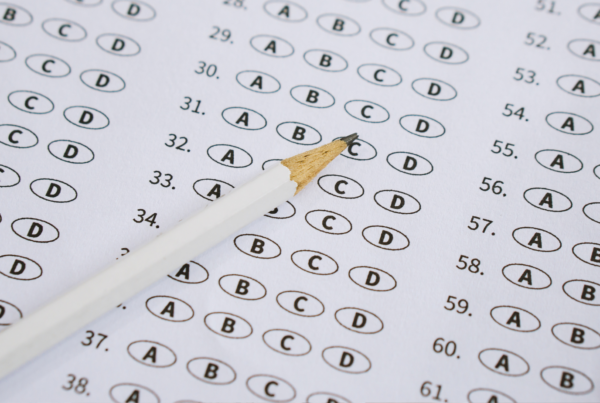 By Eric Lynne
By Eric Lynne
A vital part of the admissions application is the teacher recommendation. Many schools require one and some even ask for two or three. The time to initially ask for these recommendations is toward the end of junior year—so if you are a junior who hasn’t asked teachers yet, the time is now!
There are some generally accepted guidelines as to who should write recommendations, including how many you should submit and the process for requesting them. Some of the recommendations you’ll see below suggest letters should come from teachers in certain grades and certain subjects. This means that even students who are not applying to school next year should take note: start building relationships with teachers. Do not wait!
The following are some basic guidelines for teacher recommendations; of course, each student will have to be strategic within this framework:
- Focus on core subject teachers: Teacher recommendations are often used to evaluate the student’s ability to participate actively and positively in an academic setting. Colleges want to hear from math, science, social studies, English and/or foreign language teachers.
- Junior year teachers: If you have to stretch back to freshman year to find a teacher who will write you a great recommendation, colleges will think you did not do well in class since then. If you had a teacher in 9th grade and have him/her again in 11th, they are a perfect candidate. (Take note underclassmen: students must really shine their junior year in class!)
- Additional recommendations: Be sure to have two academic, core subject recommenders. Then, as a general rule of thumb, students can submit 1-2 additional letters. These letters can come from coaches, employers, advisors or elective class instructors. Having a holistic perspective will help admissions officers.
- Too many recommendations: There is such a thing. If you have more than 1-2 more than what the college requires, you have too many. But if you also only submit additional recommendations from people who only know you superficially, that could hurt as well. There is no need to contact your Senator or a corporate executive to write you a letter (unless you did an internship or worked for that person).
- Teachers that like you – personally and academically: You may develop a great relationship with a teacher because you are nice, friendly, and helpful. But if you got a “C” in the class, you didn’t earn their respect academically. This tends to come across in recommendation letters. For example, “Johnny tried really hard, and, finally, he was able to pass the class.”
- Ask early and thank your teachers: Make sure your recommenders have enough time to actually write the letter. Furthermore, some teachers put limits on the number of letters they will write for a given year. That is why it is a good idea to talk to teachers early, and especially before summer starts. Also, make sure to thank them formally (through a hand-written letter or thoughtful email). Don’t forget to follow up with the teacher in the fall to update them on the steps they’ll need to take in order to send in your letters correctly and on time.
Finally, recommendations should be decided on an individual student basis. Be thoughtful and deliberate when making these decisions!





